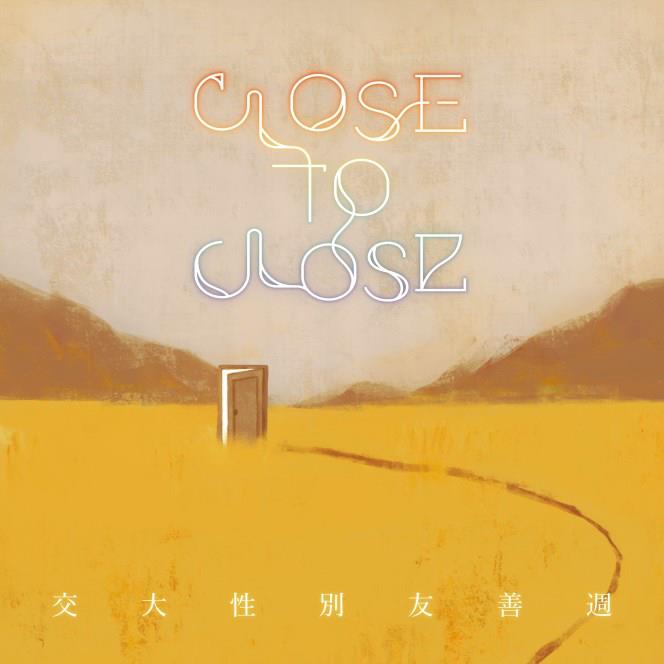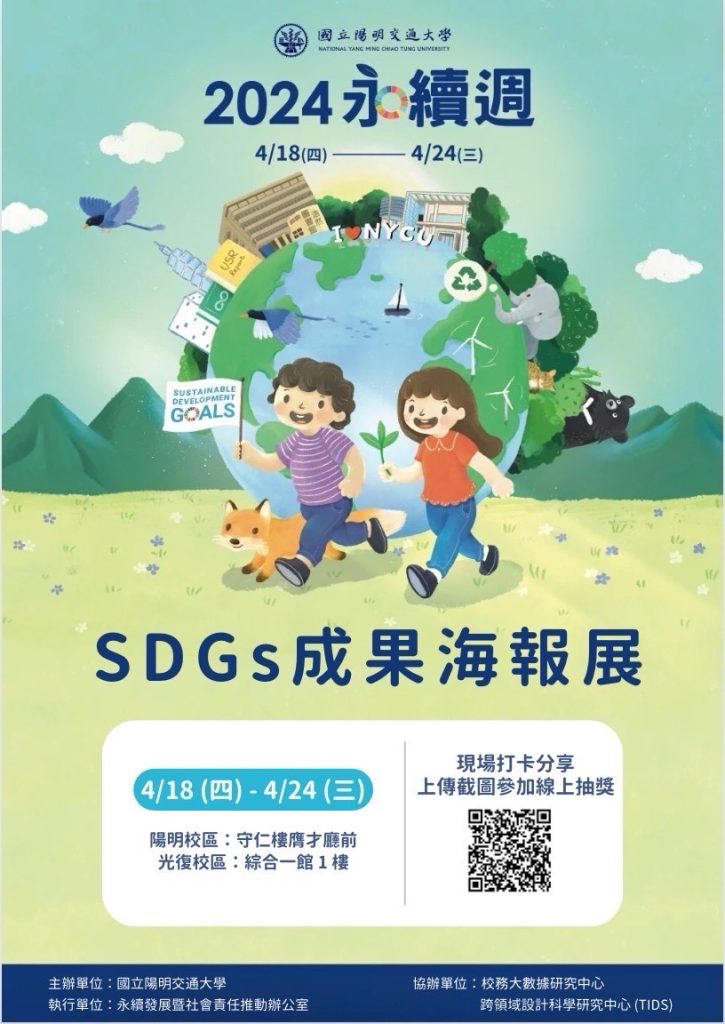The Human Rights and Rule of Law Research Team of the Research Center for Epidemic Prevention Science, which was established by the NYCU School of Law and Institute of Public Health, published its research results on the preparation of the legal system for solidarity against the COVID-19 pandemic in the May 2021 Issue 312 of The Taiwan Law Review. The theme was examined from the perspectives of international human rights law and resource allocation, and comparisons with the legal system in the United States were made, thereby providing a reference for establishing and reinforcing solidarity against the pandemic based on both human rights and the rule of law in Taiwan.
On 312th issue of The Taiwan Law Review, the journal featured Associate Professor Hsiu-Yi Yang from the Division of Health Policy and Law of the NYCU Institute of Public Health as the guest editor for a thematic project “Legal Improvement of the Epidemic Prevention Community”, who guided readers into developing strategies for preventing the tyranny of the majority, elite despotism, and technological hegemony in unprecedented solidarity against the COVID-19 pandemic in Taiwan. According to Yang, the safeguarding of the principles of human rights and the rule of law is pivotal. Therefore, the three articles of this thematic project were written to provide a new perspective on the industries, government, and academia in Taiwan in relation to COVID-19 epidemic prevention policies and laws.
The first article, which was authored by Director Wen-cheng Chang of the NYCU School of Law, provides an in-depth analysis of COVID-19 epidemic prevention measures from the perspectives of international human rights laws. The article covers topics such as geofencing and policies related to Taiwanese people returning from abroad, entry of foreigners, and migrant workers. The article argues that the decision-making process of these measures is not based on the regulations and protocols of the human rights system of the United Nations. However, because of Taiwan’s robust democratic rule of law, human rights protection, strong civil supervision, and the flexibility of the Central Epidemic Command Center in conducting policy adjustments and reviews, the epidemic prevention policies in Taiwan are fundamentally consistent with the concepts of international human rights. Nevertheless, improvements should still be made with respect to the rights of foreigners and disadvantaged groups such as migrant workers and people with physical and mental disabilities.
The second article, authored by Associate Professor Wen-mei Lei of the Division of Health Policy and Law in the NYCU Institute of Public Health, discusses how we can prevent our solidarity against the COVID-19 pandemic from becoming social oppression. It argues that the regulations for routine anti-epidemic materials, information and access to resource scheduling, expropriation during the pandemic, and hoarding and price bidding prohibitions are comprehensive. However, improvements to the legal system are required in the area of resource allocation, which includes the decision-making process for the urgent mobilization of the epidemic prevention–materials manufacturing base, the transparency of resource allocation priority, and the guarantee of the rights of disadvantaged groups in resource allocation.
The third article, authored by Associate Professor Ming-yuan Shih of the NYCU School of Law, analyzes the authorization and funding required for the new laws enacted by the United States after the September 11 attacks to provide medical countermeasures in response to public health and battle emergencies (e.g., chemical, biological, radiological, and nuclear threats and pandemics). Although the United States has struggled in its efforts to combat the COVID-19 pandemic, rapid research, development, and mass production of vaccines have demonstrated its strength as a major biotech country. The position and considerations of the U.S. government with respect to medical countermeasures is a valuable reference for developing a vaccine-related legal system in Taiwan.
URL: https://enews.nycu.edu.tw/w/nycuenews004/focus_21052619533687913




